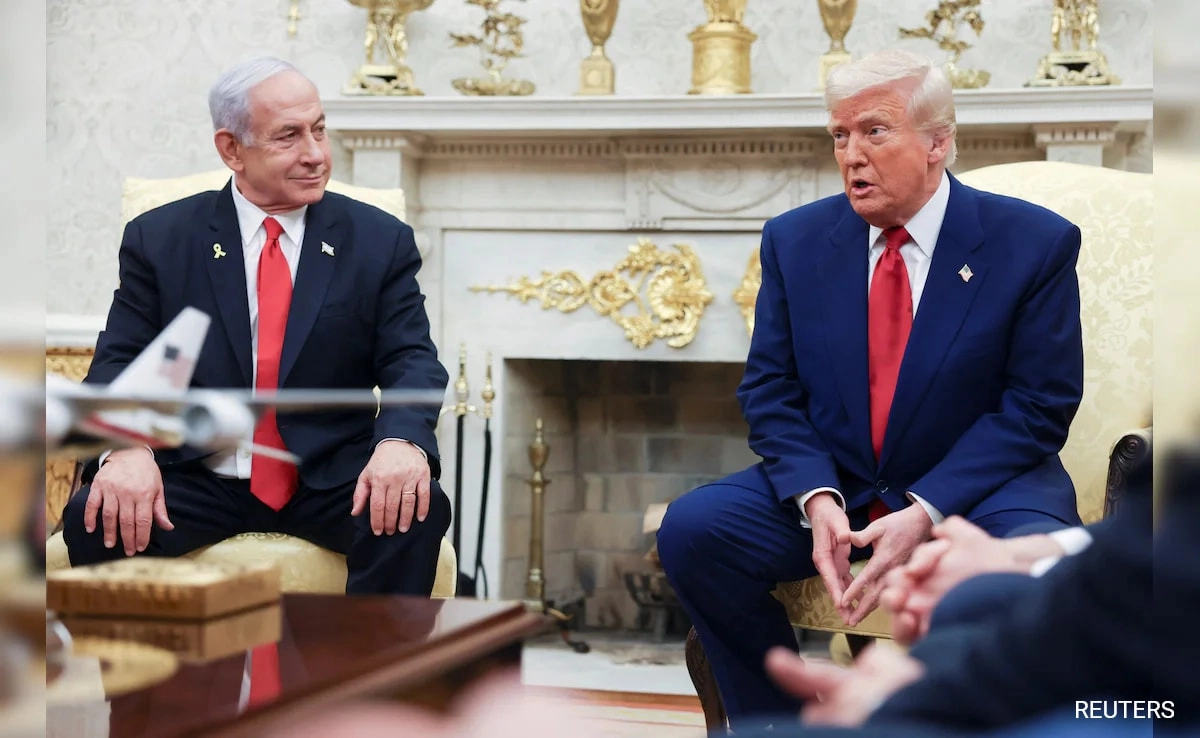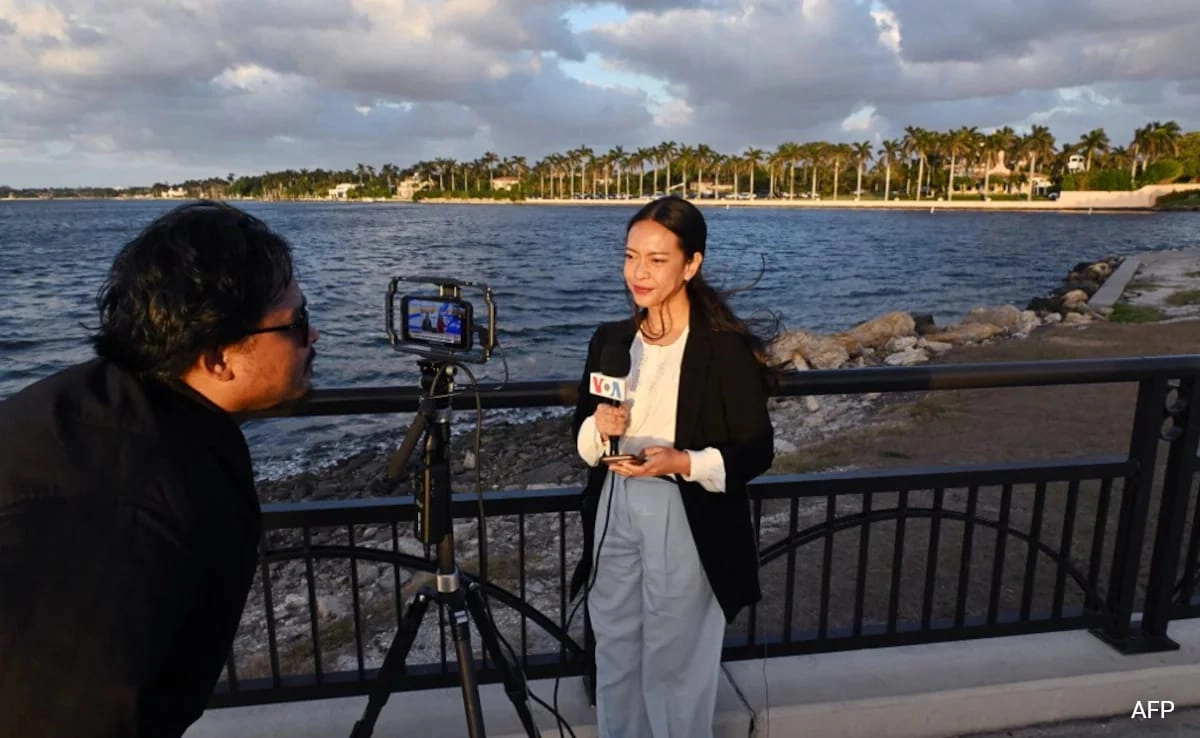In the complex landscape of global politics, the influence of a select group of elites often shapes the trajectory of nations. This “Inner Circle” in America comprises key decision-makers, influential business leaders, and prominent figures in various sectors who wield significant power over policy and governance. Understanding this inner sanctum is crucial for countries like India, which seek to cultivate strategic partnerships and navigate the intricacies of international relations effectively. By courting this influential group, India can enhance its diplomatic efforts, attract investments, and bolster its standing on the world stage.
The dynamics of the Inner Circle are driven by a confluence of factors, including economic interests, geopolitical strategies, and cultural ties. For India, engaging with this elite group means recognizing the multifaceted relationships that underpin U.S.-India relations. This engagement can take many forms, from fostering direct dialogues with key figures in Washington, D.C., to leveraging economic ties that resonate with the interests of American business leaders. As India enhances its technological capabilities and positions itself as a global player, aligning its aspirations with the priorities of this Inner Circle becomes paramount.
Moreover, the Inner Circle’s influence extends beyond political boundaries. It shapes public opinion, drives media narratives, and affects the perception of foreign nations. For India, establishing rapport with this group can help counteract any negative stereotypes and foster a more nuanced understanding of its potential contributions to global issues, such as climate change, security, and economic development. By highlighting its achievements and strategic vision, India can appeal to the values and interests of this elite network, thereby positioning itself as a partner rather than just another emerging market.
In conclusion, India’s approach to the United States must be strategic and multifaceted, focusing on building relationships with the Inner Circle that holds considerable sway over American policy and public perception. By engaging with these influential figures, India can not only enhance bilateral relations but also position itself as a key player in addressing global challenges. The power dynamics of the Inner Circle should not be underestimated, as they offer a pathway for India to amplify its voice and secure a more prominent role in shaping the future of international relations. In an era where global interconnectedness is paramount, understanding and courting the Inner Circle may be the key to unlocking a brighter bilateral future for India and the United States.




